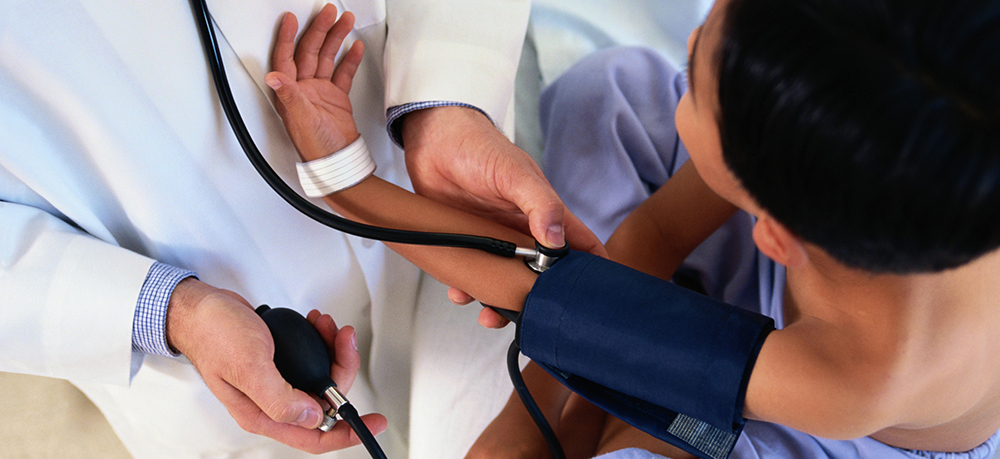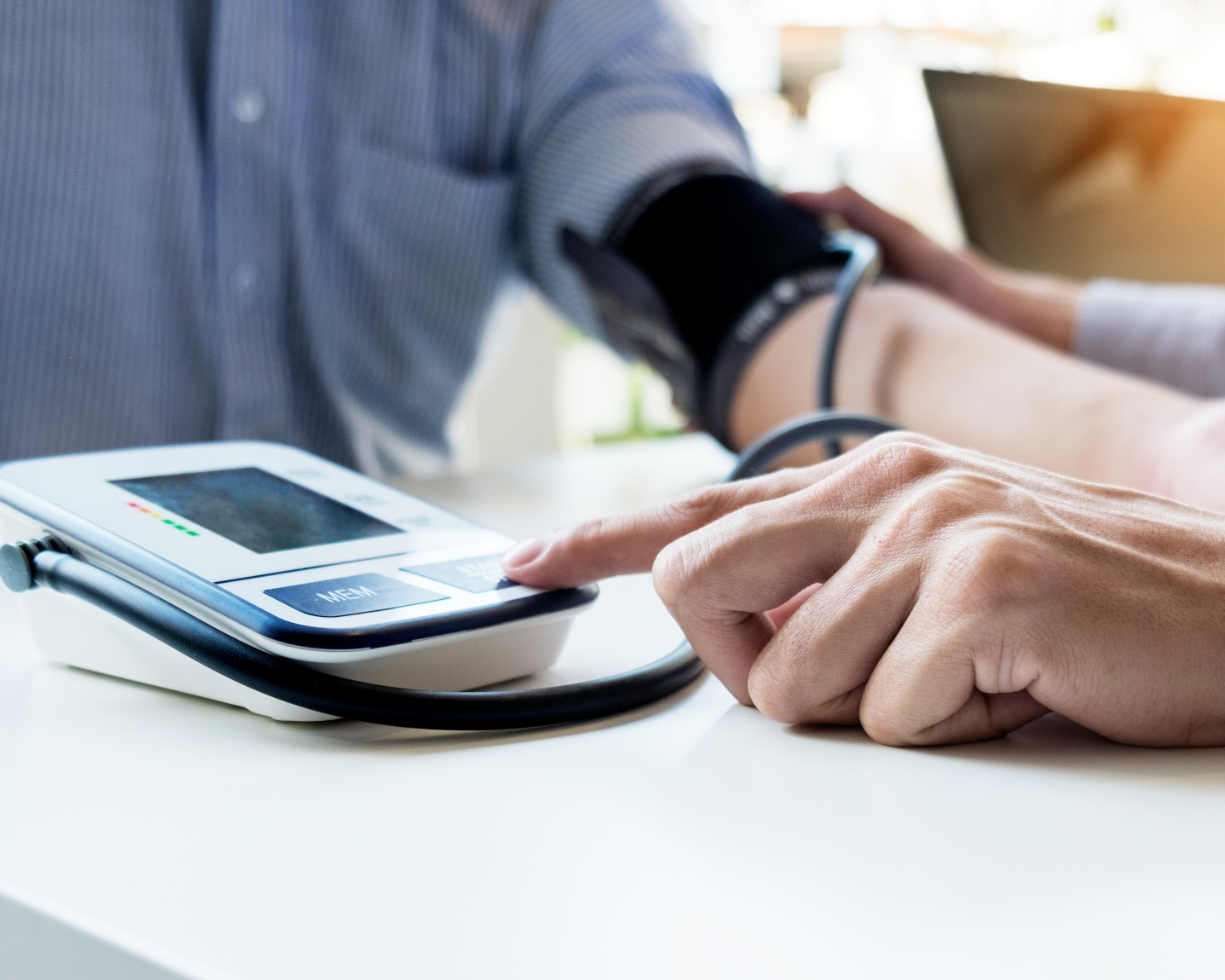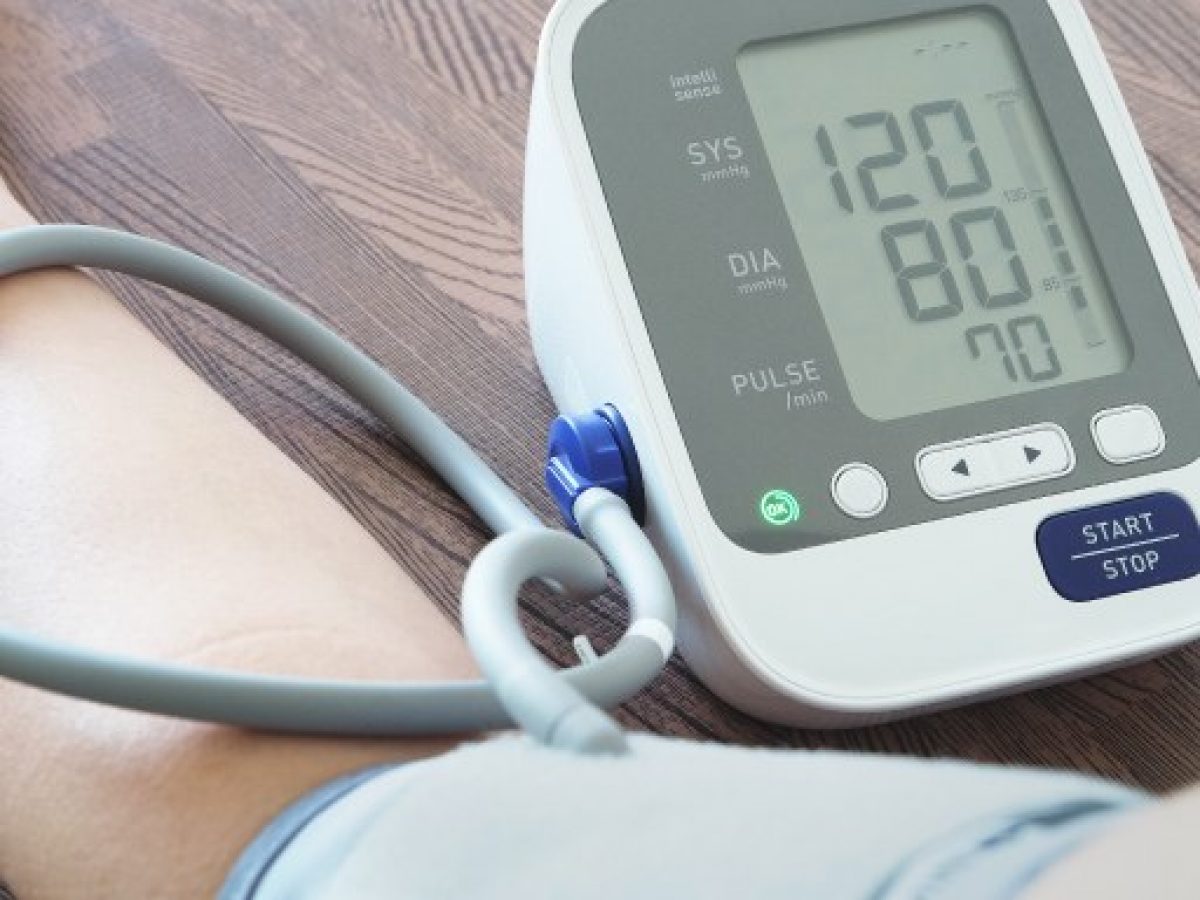High Blood Pressure

Unmasking the Silent Threat: Understanding High Blood Pressure
High blood pressure, often dubbed the “silent killer,” is a widespread health concern with far-reaching consequences. Despite its lack of obvious symptoms, uncontrolled high blood pressure can lead to serious health complications, making awareness and management crucial. This article delves into the intricacies of high blood pressure, its underlying causes, potential risks, and strategies for prevention and control.
Understanding High Blood Pressure
Blood pressure is the force exerted by blood against the walls of arteries as the heart pumps it throughout the body. High blood pressure, or hypertension, occurs when this force remains consistently elevated over time. This condition strains the heart, damages arteries, and increases the risk of heart disease, stroke, and other health issues.
The “Silent Killer” Phenomenon
What makes high blood pressure particularly insidious is its lack of overt symptoms in the early stages. Often, individuals remain unaware of their elevated blood pressure levels until complications arise. This is why it’s crucial to have regular blood pressure checks, especially as one ages or if there’s a family history of hypertension.
Causes and Risk Factors
High blood pressure can be caused by a combination of factors, including genetics, lifestyle, and underlying health conditions. Sedentary lifestyles, poor dietary choices, excessive salt consumption, obesity, and stress contribute to its development. Certain medical conditions, such as kidney disease and hormonal disorders, can also play a role.
The Ripple Effect on Health
Untreated high blood pressure can have severe consequences. It places increased stress on the heart, leading to heart disease, heart attacks, and heart failure. It can also damage blood vessels, increasing the risk of strokes, kidney damage, vision problems, and even cognitive impairment.
Prevention and Control
 Preventing and controlling high blood pressure requires proactive steps:
Preventing and controlling high blood pressure requires proactive steps:
- Healthy Lifestyle: Adopting a balanced diet rich in fruits, vegetables, whole grains, lean proteins, and healthy fats is key. Reducing sodium intake and avoiding processed foods can help manage blood pressure.
- Physical Activity: Regular exercise helps maintain a healthy weight and strengthens the cardiovascular system, contributing to blood pressure control.
- Stress Management: Incorporating stress-reduction techniques, such as meditation, yoga, or deep breathing, can have a positive impact on blood pressure.
- Limiting Alcohol and Tobacco: Moderating alcohol consumption and quitting smoking are vital for overall cardiovascular health.
- Medication and Medical Care: For some individuals, lifestyle changes alone might not be sufficient. In such cases, healthcare providers might prescribe medications to help regulate blood pressure.
High blood pressure is a potent threat that requires vigilance, understanding, and proactive management. Its silent progression demands consistent monitoring, regular health check-ups, and a commitment to a heart-healthy lifestyle. By taking charge of their health through informed choices and regular medical visits, individuals can successfully combat the silent threat of high blood pressure, leading to a life of improved well-being and longevity.
Navigating to Heart Health
How a Custom Diet from a Dietitian Can Tackle High Blood Pressure
High blood pressure, also known as hypertension, is a formidable adversary that affects millions globally. While medications can play a role in managing it, the right diet can be an equally potent weapon in the battle against elevated blood pressure. A custom diet tailored by a registered dietitian (RD) can be a game-changer, offering personalized strategies to help individuals take control of their blood pressure and improve their overall cardiovascular health.
Understanding High Blood Pressure
 High blood pressure occurs when the force of blood against the artery walls is consistently elevated. This can lead to heart strain, damage to arteries, and an increased risk of heart disease, stroke, and other serious health issues. Diet plays a pivotal role in managing blood pressure, making a custom diet crafted by an RD a valuable tool.
High blood pressure occurs when the force of blood against the artery walls is consistently elevated. This can lead to heart strain, damage to arteries, and an increased risk of heart disease, stroke, and other serious health issues. Diet plays a pivotal role in managing blood pressure, making a custom diet crafted by an RD a valuable tool.
The Expertise of a Registered Dietitian
Registered dietitians possess a wealth of knowledge about nutrition and its impact on health. Collaborating with an RD ensures that dietary choices align with individual needs, health conditions, and goals. In the context of high blood pressure, an RD’s expertise is invaluable in creating a diet plan that specifically targets blood pressure regulation.
Custom Diet for High Blood Pressure
An RD formulates a custom diet for high blood pressure based on several key factors:
- Reduced Sodium Intake: Excess sodium can contribute to elevated blood pressure. An RD carefully designs a diet plan that limits sodium consumption, while ensuring that meals remain flavorful and satisfying.
- Incorporating Potassium: Foods rich in potassium, such as bananas, spinach, and beans, can help counteract the effects of sodium and lower blood pressure.
- Emphasizing Whole Foods: A custom diet focuses on whole, unprocessed foods like fruits, vegetables, whole grains, lean proteins, and healthy fats. These choices promote heart health and contribute to lowering blood pressure.
- Balancing Nutrients: An RD ensures that the diet is balanced and provides essential nutrients like fiber, vitamins, and minerals that support overall cardiovascular wellness.
- Monitoring Portion Sizes: Portion control is crucial for maintaining a healthy weight, which in turn helps manage blood pressure. An RD provides guidance on appropriate portion sizes.
Ongoing Support and Adjustments
An RD’s role extends beyond creating a diet plan. Regular follow-up sessions allow for progress assessment and necessary adjustments. This ongoing collaboration ensures that the diet remains effective and adaptable to changing needs.
The Empowerment of Knowledge
Education is a cornerstone of an RD’s approach. Understanding how dietary choices impact blood pressure empowers individuals to make informed decisions beyond the confines of the diet plan.
A custom diet tailored by a registered dietitian is a potent tool in the quest to manage high blood pressure. By addressing individual dietary preferences, health conditions, and goals, an RD crafts a plan that empowers individuals to take charge of their blood pressure and overall cardiovascular health. With the guidance of an experienced RD, the path to heart health becomes not only achievable but sustainable, leading to a life enriched by wellness and vitality.
“Diets don’t work. You should never be hungry.”
Common Questions
A dietitian creates a personalized eating plan tailored to your specific needs, taking into account your blood pressure levels, medical history, and lifestyle. This custom diet focuses on reducing sodium intake, increasing potassium-rich foods, emphasizing heart-healthy choices like fruits, vegetables, whole grains, lean proteins, and healthy fats—all of which work together to help lower and regulate blood pressure.
An RD strategically reduces the sodium content in your diet by recommending lower-sodium alternatives and cooking methods. This helps prevent water retention and blood vessel constriction, both of which contribute to elevated blood pressure. The dietitian ensures that flavor isn't compromised, making the transition to reduced sodium intake more enjoyable.
Potassium counterbalances the effects of sodium, promoting healthy fluid balance and relaxed blood vessels. An RD includes potassium-rich foods like bananas, oranges, spinach, and beans in your custom diet. These foods not only contribute to lower blood pressure but also support overall cardiovascular health.
A dietitian carefully designs a balanced eating plan that provides essential nutrients, including fiber, vitamins, and minerals. By incorporating a variety of whole foods like whole grains, lean proteins, and colorful vegetables, the dietitian ensures that your body receives the nutrients it needs for optimal blood pressure regulation and overall well-being.
Collaboration with an RD doesn't end with creating the initial diet plan. Regular follow-up sessions allow for progress tracking, addressing any challenges you may encounter, and making necessary adjustments. This ongoing support ensures that the diet remains effective and adaptable as your needs evolve.
